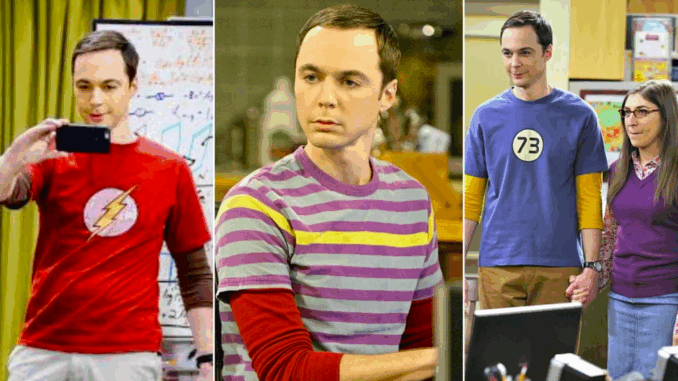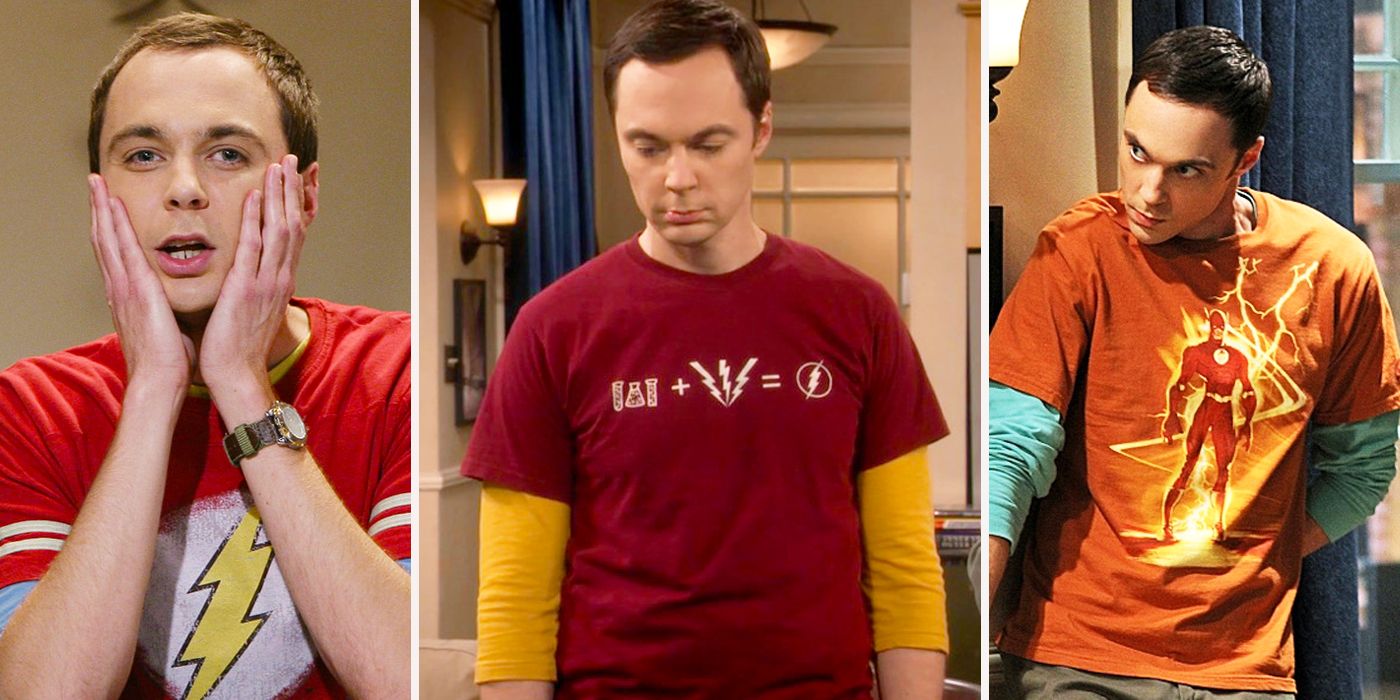
The Rise of the Unlikely Protagonist
For over a decade, The Big Bang Theory followed the daily lives of a group of brainy misfits navigating friendship, work, and romance. But amid the ensemble, one character consistently stood out—not because he was charming or empathetic, but because he was so astonishingly not. Sheldon Cooper, played by Jim Parsons, was abrasive, controlling, emotionally stunted—and viewers couldn’t get enough of him.
At a time when television was exploring morally ambiguous antiheroes like Tony Soprano, Walter White, and Don Draper, Sheldon Cooper became the sitcom world’s own unlikely addition to the trend. Except instead of running a criminal empire or heading a Madison Avenue firm, Sheldon was a theoretical physicist with a deep love for string theory, trains, and his personal bathroom schedule.
Why Sheldon Worked
What made Sheldon different wasn’t just his social awkwardness or encyclopedic knowledge—it was the show’s refusal to “fix” him. Unlike many shows that soften their quirky leads over time, The Big Bang Theory leaned into Sheldon’s eccentricity.
He wasn’t designed to be likable in a traditional sense. He was self-important, maddeningly literal, and incapable of understanding sarcasm. But as the show progressed, audiences saw cracks in the armor—his deep loyalty to his friends, his awkward attempts at love, and eventually, his surprising emotional depth.
Jim Parsons’ performance was key. His precision, timing, and ability to deliver complex scientific jargon with childlike certainty helped build one of television’s most recognizable characters. Parsons won four Emmys for Outstanding Lead Actor in a Comedy Series—a feat matched by only three other actors in the genre’s history.
A Cultural Touchstone
Sheldon wasn’t just a breakout character; he became a cultural reference point. “Bazinga!” shirts flooded stores. Halloween costumes copied his layered T-shirt look. Neuroscientists, psychologists, and educators debated whether he was coded as autistic—something the creators never confirmed but didn’t entirely dismiss.
In an era dominated by shows with increasingly “cool” leads, Sheldon was refreshingly uncool. And in being so, he validated countless viewers who saw parts of themselves in his rigid routines, his passion for facts, and his difficulty navigating the messiness of human emotion.
Relationships That Redefined the Character
Sheldon’s relationship with Amy Farrah Fowler (Mayim Bialik) marked one of the most celebrated slow burns in sitcom history. Initially introduced through a dating site prank, Amy quickly became a fan favorite—and her presence forced Sheldon to grow in ways viewers had long hoped to see.
From awkward hand-holding to a carefully negotiated relationship agreement, the Sheldon-Amy dynamic offered comedy laced with rare vulnerability. Their eventual wedding was not just a plot point; it was a reward for years of patient character-building. And in the series finale, when Sheldon and Amy jointly win the Nobel Prize in Physics, the show didn’t just celebrate science—it celebrated human growth.
From Sheldon to Young Sheldon and Beyond

Sheldon Cooper’s legacy didn’t end when The Big Bang Theory did. In fact, he became the rare sitcom character to spawn a successful spinoff that outlived its origin show. Young Sheldon, with narration by Jim Parsons, explored the childhood years of the eccentric genius—and softened his story with more context, emotion, and family dynamics.
Now, as new spinoffs emerge—like Stuart Fails to Save the Universe—Sheldon remains a reference point, a benchmark for what a show built around intellect, isolation, and unconventional humor can accomplish.
Conclusion: A New Kind of TV Hero
In the landscape of television, antiheroes often take on roles of power and control. Sheldon’s power was different: it came from his unwavering belief in himself, his intellect, and the rules he created to keep the world manageable. He didn’t change to fit society; society learned to adapt around him.
And in doing so, Sheldon Cooper—odd, brilliant, and endlessly quotable—proved that even the most unlikely characters can become legends.